The 1980s was a golden age of television, where family sitcoms, drama series, and even zany comedies ruled the airwaves. But looking back, some of the plots we enjoyed back then would likely cause quite a stir if they aired today. Social norms have changed, and what once passed as lighthearted entertainment might now be seen as outdated or even offensive. Let’s take a trip down memory lane to revisit some of those eyebrow-raising plots. You might chuckle, cringe, or even remember watching them unfold firsthand, but one thing’s for sure—these TV moments show just how much times have changed.
1. Blanche’s Younger Man in The Golden Girls
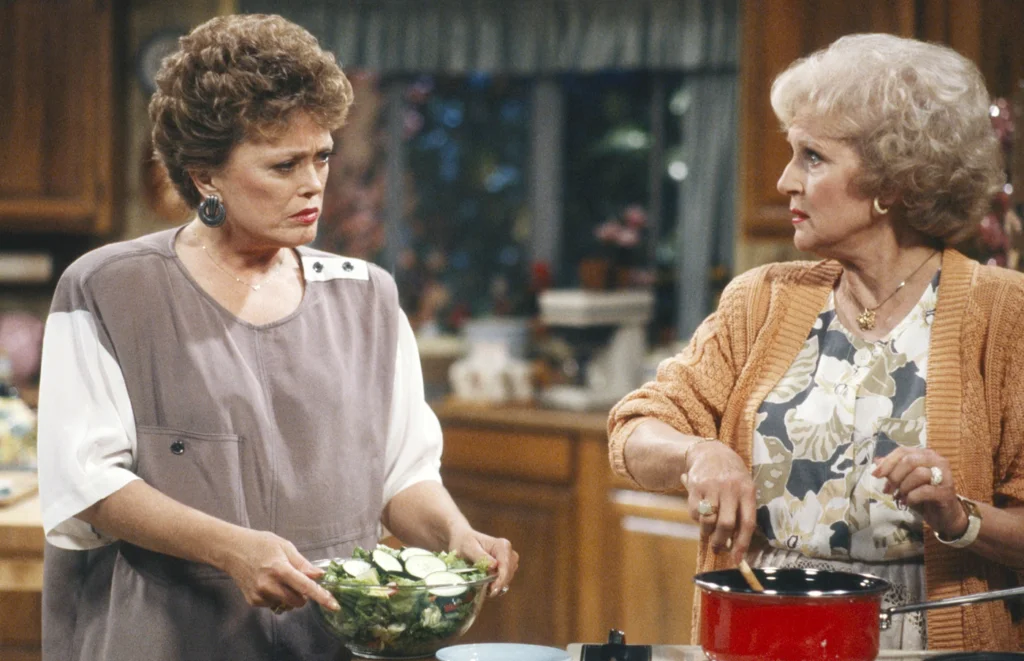
Blanche Devereaux was always known for her romantic escapades, but sometimes we saw her dating a man much younger than her—only to find out he was still in high school. Played for laughs, the storyline toyed with the idea of an older woman unwittingly dating a teenager, a plotline that would never fly today. While the episode ended with a comedic resolution, modern audiences might find the entire premise problematic, especially in the age of heightened awareness about power dynamics and consent.
In the 1980s, this was seen as a humorous situation showcasing Blanche’s flirtatious character, but today it would raise serious ethical questions. The comedic lens used to soften the situation would not suffice now, as audiences have grown more sensitive to the implications of such relationships. What was once a punchline would now spark heated debates on social media about inappropriate behavior.
2. Hawkeye’s Behavior in MASH
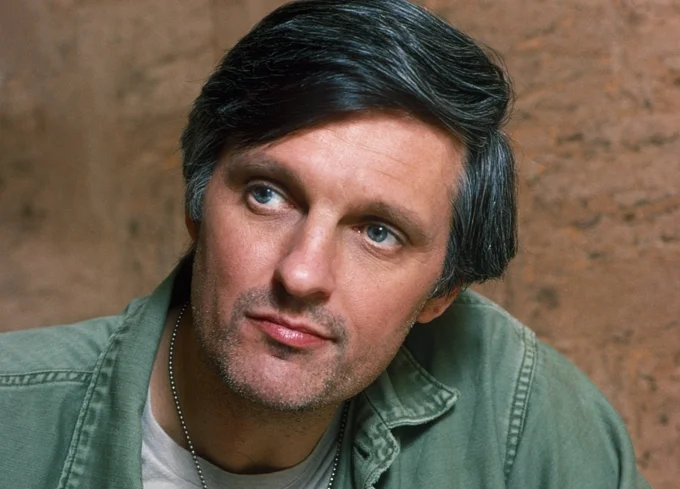
The beloved series MASH blended comedy and drama with exceptional finesse, but some of Hawkeye Pierce’s antics wouldn’t be seen as funny today. Known for his relentless pursuit of women, Hawkeye often ignored boundaries and relied on charm to justify behavior that could be described as harassment. His actions were portrayed as playful and harmless, reflective of the norms of the time, but they would be far less accepted in today’s climate.
Back then, Hawkeye’s flirtatious nature was considered part of his charisma, but modern viewers might view it as a failure to respect consent. While MASH* often tackled serious issues with sensitivity, these moments of humor would likely overshadow the show’s deeper messages in today’s cultural landscape. It’s a reminder of how our understanding of acceptable behavior has evolved over the decades.
3. Fat-Shaming in The Facts of Life
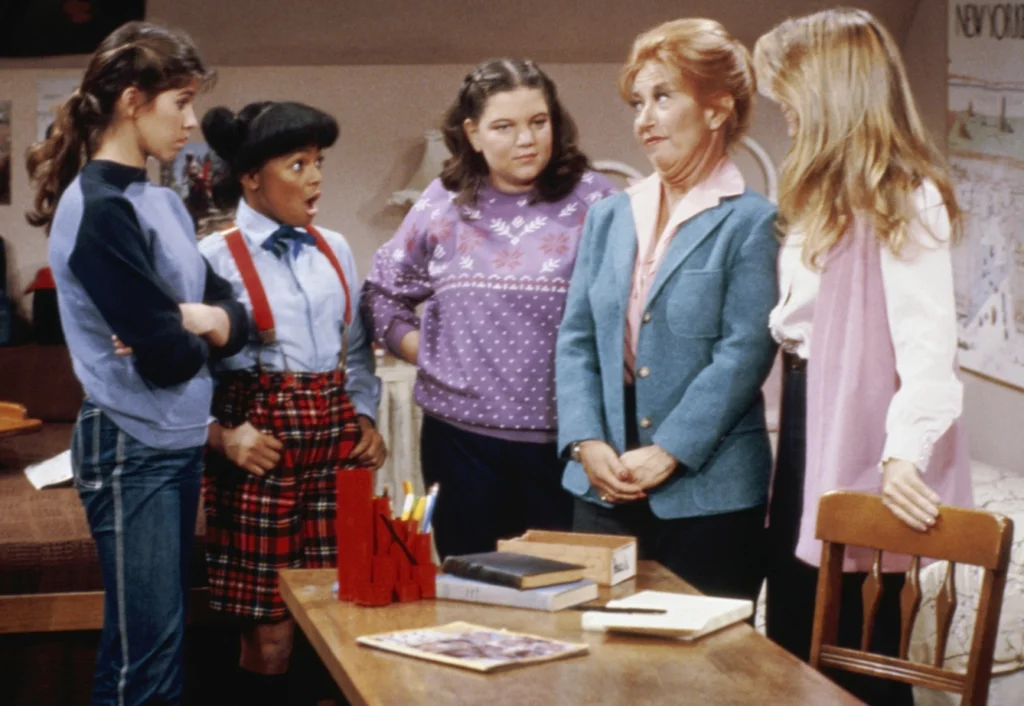
The Facts of Life was a hit for its relatable portrayal of teenage life, but one particular episode dealt with weight in a way that would seem tone-deaf today. Blair, the show’s queen bee, makes cruel comments about Natalie’s size, setting off a subplot about body image. While the intention may have been to address the topic, the execution leaned heavily into fat-shaming for comedic effect.
This approach would face significant backlash today for perpetuating harmful stereotypes about body image and self-worth. Modern audiences would likely expect a more nuanced treatment of the topic, focusing on empowerment rather than humiliation. What once seemed like innocent teasing now stands out as a harsh reminder of how far we’ve come in promoting body positivity.
4. Wesley’s Friend Gets AIDS in Mr. Belvedere
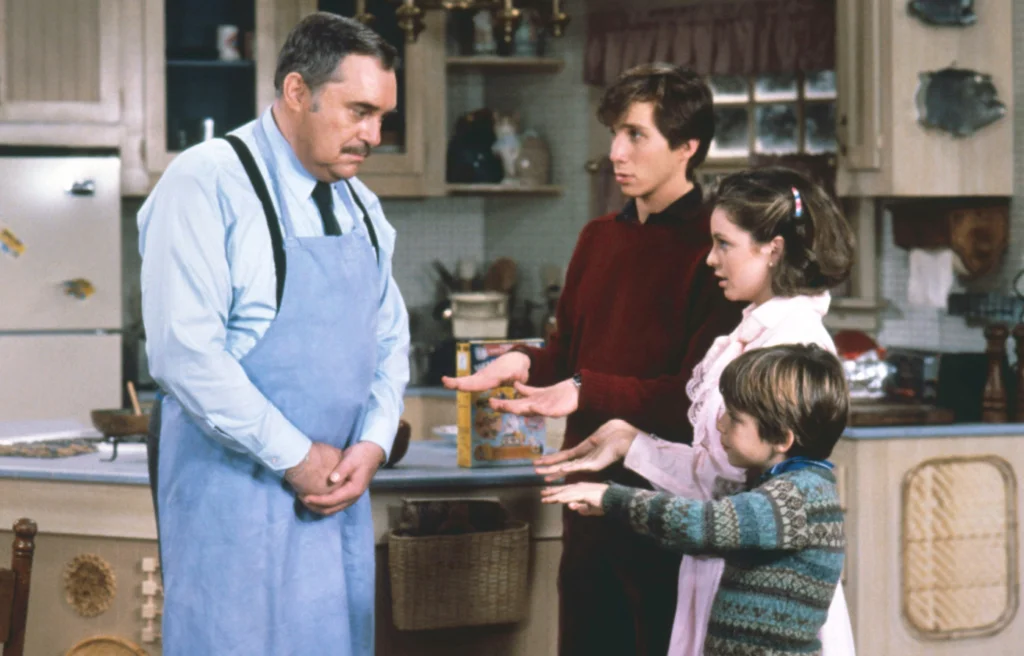
Mr. Belvedere tackled heavy topics on occasion, but one of its most memorable—and controversial—”very special episodes” dealt with Wesley’s friend Danny contracting AIDS. At a time when misinformation and fear about AIDS were rampant, the storyline aimed to educate and promote understanding. However, the episode also leaned into the era’s pervasive stigmas, with many of the characters, including Wesley initially, reacting with fear and avoidance toward Danny. The intent was noble, but the execution felt clunky, with moments that underscored the public hysteria of the time more than they dispelled it.
Modern audiences might view this episode as well-meaning but ultimately misguided in its handling of such a sensitive topic. While it was groundbreaking to even address AIDS on a family sitcom, the show’s attempts to simplify the issue into a 22-minute storyline lacked the nuance required to truly unpack the subject. Danny’s plight was treated as a teaching moment for the other characters rather than as a deep exploration of his experience, something that would likely spark backlash today for its lack of depth and sensitivity. It’s a stark reminder of how far public understanding and representation of such topics have evolved since the 1980s.
5. The Drunk Driving Episode of Growing Pains
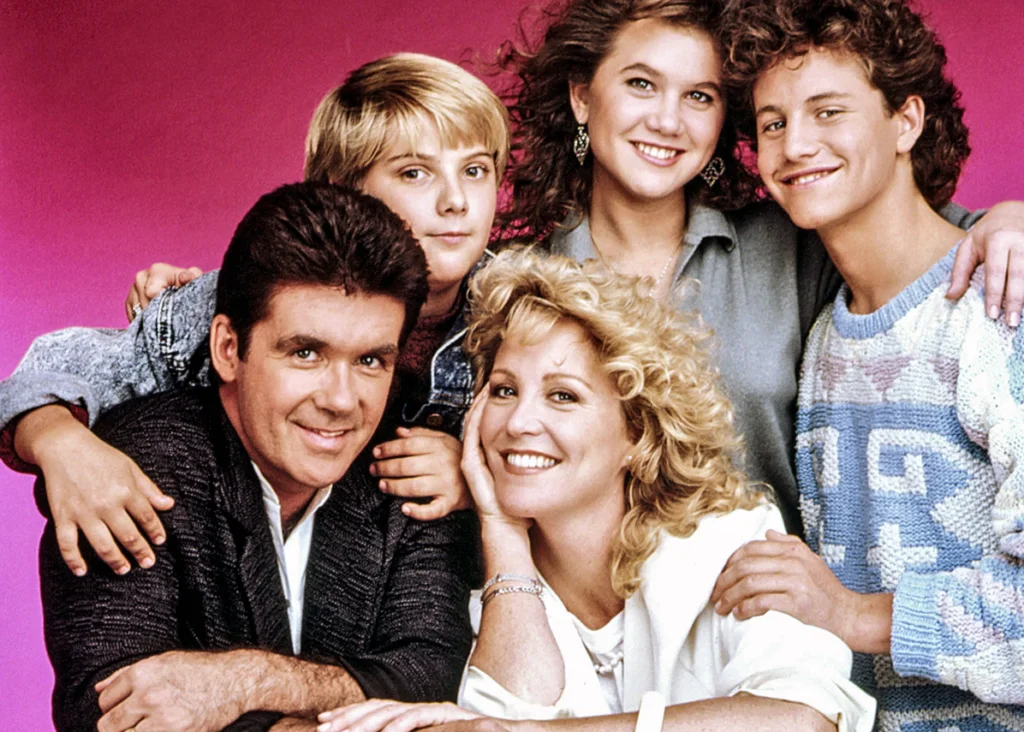
Growing Pains tackled real-life issues, including a memorable episode where Carol and her boyfriend are involved in a drunk driving accident. While the episode aimed to highlight the dangers of drinking and driving, it also included scenes that seemed to minimize the gravity of the situation. The boyfriend’s punishment was played off lightly, and the consequences felt disproportionately small compared to the seriousness of the act.
Modern audiences would likely expect a far grittier and more realistic portrayal of the consequences of drunk driving. The balance of humor and drama that defined Growing Pains worked well in its time, but today’s viewers would find it necessary to delve deeper into accountability and the long-term impact of such choices. It’s an example of how certain messages needed more weight to truly resonate.
6. Racial Stereotypes in The A-Team

The 1980s action-packed The A-Team was known for its over-the-top plots and larger-than-life characters, but it often relied on racial stereotypes for its villains. Many episodes featured caricatures of different ethnic groups, with one-dimensional portrayals that would be heavily criticized today. These characters were often used as comic relief or as shallow antagonists, reflecting a lack of diversity in storytelling.
In today’s television landscape, such depictions would be seen as lazy writing and harmful representation. Viewers now demand authenticity and depth in characters from diverse backgrounds, and they’re quick to call out reductive stereotypes. This shift highlights how far TV has come in striving for inclusivity and respect for cultural nuances.
7. Roseanne’s Halloween Costume
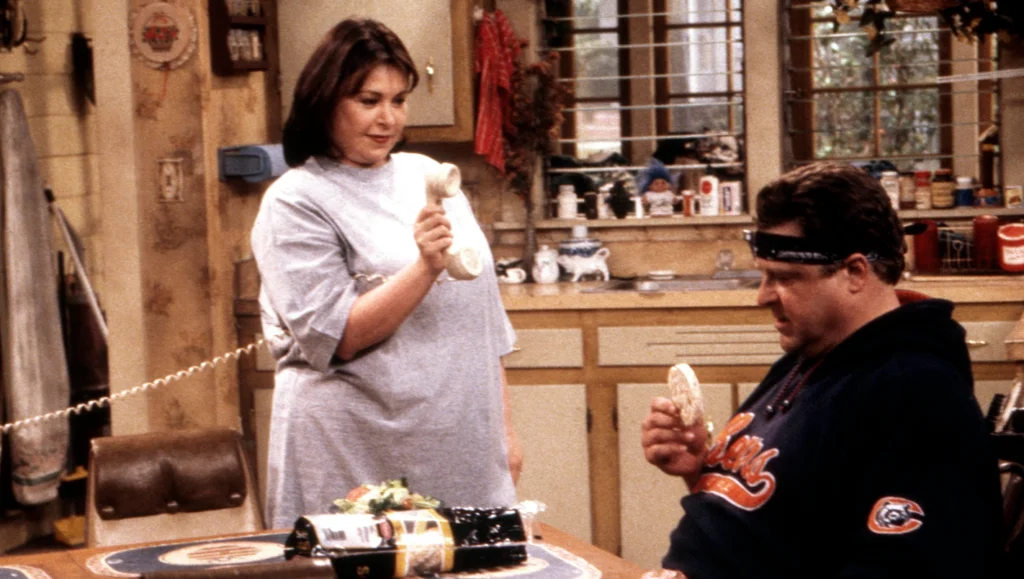
The Conners were a beloved blue-collar family, but one Roseanne Halloween episode featured a plot where the titular character dresses as a Native American. Played for laughs, the storyline glossed over the cultural appropriation and insensitivity of the costume. Back then, such portrayals were seen as harmless fun, but today they would ignite debates about cultural respect and understanding.
Modern viewers would find it hard to excuse such a storyline, given the ongoing conversations about representation and cultural sensitivity. What seemed like an innocent joke now appears as an oversight, underscoring the growing awareness of the impact of cultural stereotypes. It’s a reminder of how humor has shifted to prioritize inclusivity.
8. Over-the-Top Gender Roles in Married… with Children
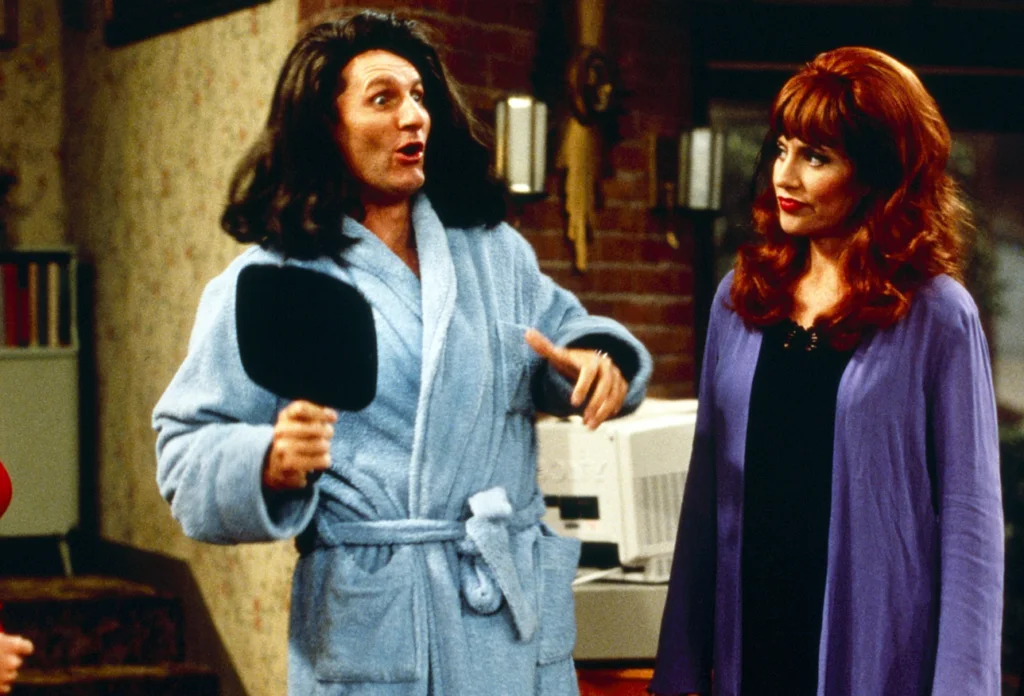
Married… with Children was famous for its irreverent humor and exaggerated portrayals of gender roles, but certain storylines pushed those roles to uncomfortable extremes. Al Bundy’s constant belittling of women and Peg’s laziness as a wife were played for laughs, but the jokes often relied on outdated stereotypes. While the show was clearly satirical, some of its humor would be considered offensive or even harmful today.
Audiences now are more critical of humor that relies on putting people down, even in a satirical context. What once seemed edgy and daring might now feel mean-spirited, highlighting the shift in how we approach comedy and representation. It’s another example of how TV’s boundaries have evolved with changing social norms.
9. Homophobic Jokes in Three’s Company
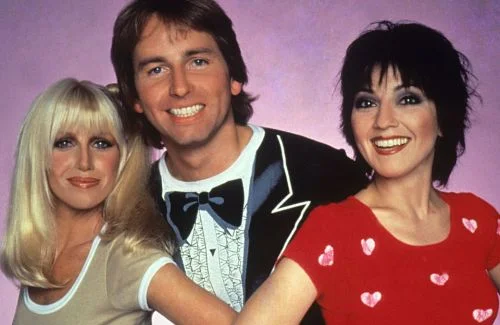
Three’s Company was a groundbreaking show in many ways, but it also relied heavily on homophobic humor for its laughs. The entire premise hinged on Jack pretending to be gay to live with two women, a setup that led to endless jokes about his supposed sexuality. While the series was a hit in its time, modern audiences would likely find these jokes outdated and offensive.
The humor often portrayed being gay as something strange or deceitful, which would spark backlash in today’s more inclusive society. What was once a comedic misunderstanding would now be viewed as perpetuating stereotypes and invalidating the LGBTQ+ community. It’s an example of how comedy has shifted toward celebrating diversity rather than exploiting it for laughs.
10. Arnold’s Kidnapping in Diff’rent Strokes
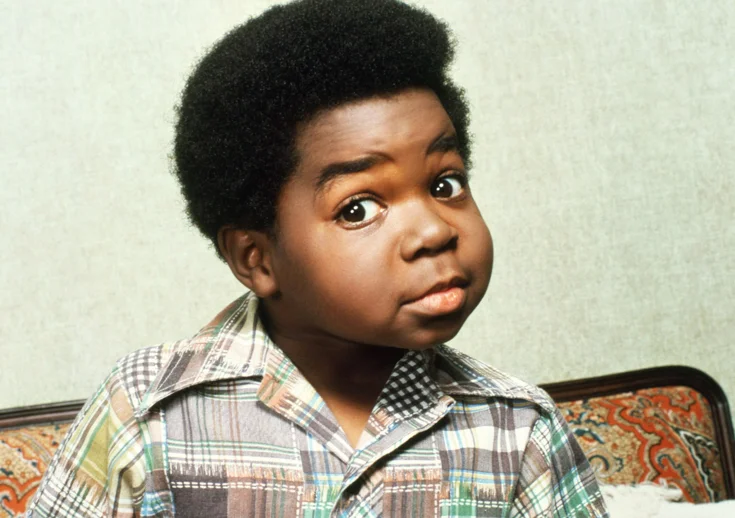
Diff’rent Strokes wasn’t afraid to tackle serious topics, but one episode about Arnold being kidnapped and nearly abused was so dark that it still sparks debate. While the intention was to raise awareness, the tone of the episode was unsettling, and its inclusion in a family sitcom seemed jarring. Some scenes, though well-meaning, felt exploitative rather than educational.
Today, such a storyline would require far more sensitivity and care, likely being reserved for a drama rather than a lighthearted sitcom. The balance between educating audiences and providing entertainment was a tightrope walk that the episode didn’t quite master, making it a controversial topic even decades later.
11. Sam Malone’s Womanizing in Cheers
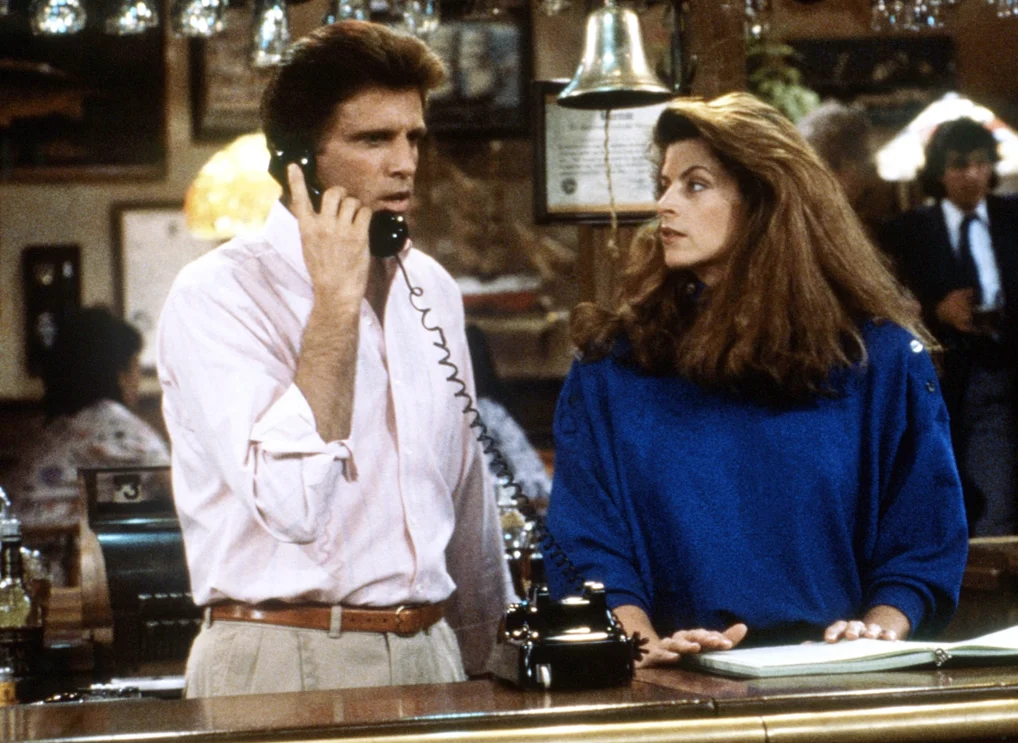
Cheers remains one of the most beloved sitcoms of all time, but Sam Malone’s behavior toward women would face serious scrutiny today. As the charming bartender, Sam was often depicted as a relentless womanizer, pursuing women with persistence that often crossed boundaries. While this was played off as part of his character’s appeal, modern viewers might see it as problematic.
In a time when discussions about consent and workplace dynamics are more prominent, Sam’s relentless advances would not be seen as endearing. Instead, they would spark conversations about respecting boundaries, even in the context of comedy. It’s a reminder of how much societal attitudes toward relationships have evolved.
12. Cultural Insensitivity in The Love Boat
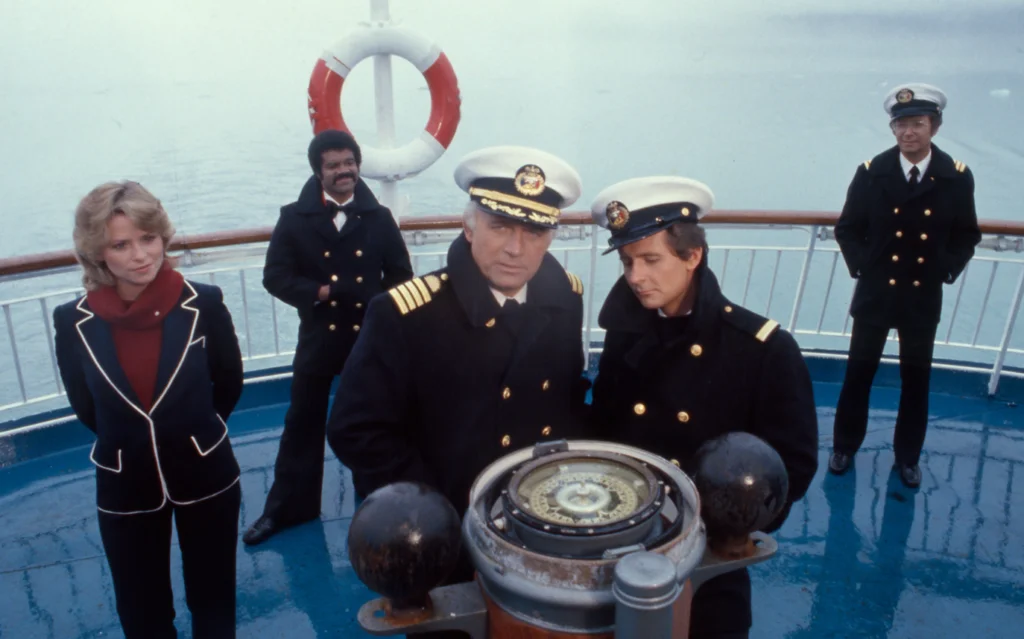
The Love Boat was all about fun, romance, and adventure on the high seas, but it also had a habit of portraying cultures in overly simplistic or stereotypical ways. Episodes set in exotic locales often leaned into clichés, depicting characters from those cultures as caricatures rather than complex individuals. At the time, this was seen as harmless escapism, but it wouldn’t pass muster today.
Modern audiences demand authenticity and respect when depicting other cultures, making such episodes feel dated and out of touch. What once seemed like playful fun now comes across as lacking nuance, a clear reflection of how entertainment standards have shifted toward greater inclusivity.
13. Ricky Learns His Friend Is Abused in Silver Spoons
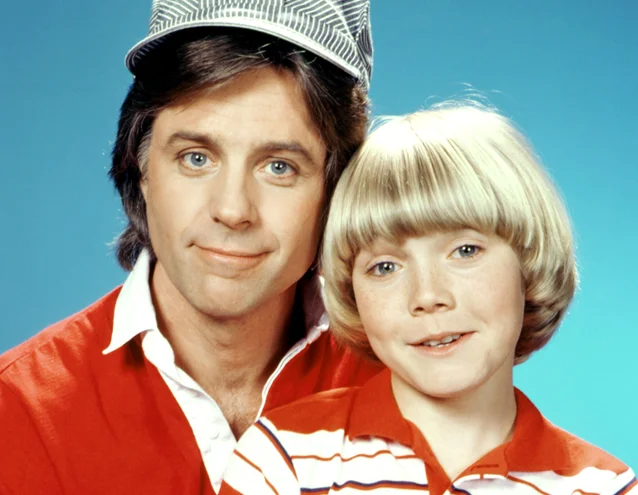
In one of the heavier episodes of Silver Spoons, Ricky Stratton discovers that his friend Toby is being physically abused by his father. The show’s typical lighthearted tone took a sharp turn as Ricky grappled with how to help his friend, and the episode sought to raise awareness about child abuse—a bold choice for an 80s sitcom. However, the storyline was constrained by the limitations of the time, offering a resolution that now feels overly simplistic. The abusive father quickly admits his wrongdoing and vows to change, brushing over the complexities of such a serious issue.
Today, this episode would likely be criticized for its overly neat and idealized ending, as well as for not delving deeper into the long-term effects of abuse on children. While it was groundbreaking at the time to even address the subject, modern audiences would expect a more nuanced portrayal that acknowledges the systemic nature of abuse and the difficulty in breaking such cycles. Despite its flaws, the episode remains a notable attempt to bring attention to a serious issue, even if it lacked the sensitivity and realism that viewers demand today. It’s a reminder of how TV has evolved to handle tough topics with greater care and depth.
14. Misogyny in Knight Rider
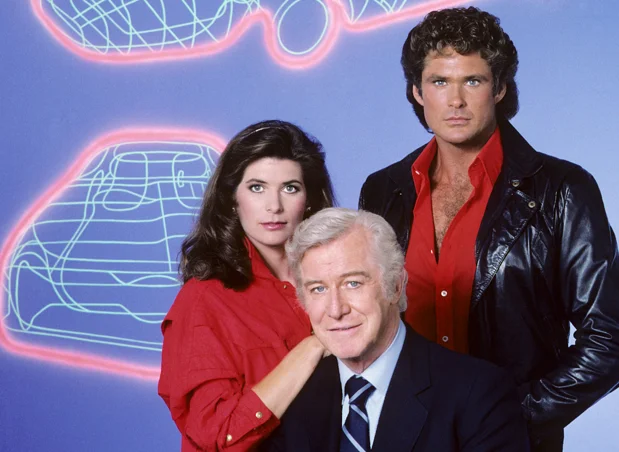
Knight Rider was an iconic action series with a futuristic twist, but it wasn’t immune to outdated gender stereotypes. Female characters were often relegated to secondary roles or depicted as damsels in distress, relying on Michael Knight to save the day. While this was standard fare for 1980s television, it would feel glaringly outdated now.
Today’s viewers expect stronger, more dynamic female characters who aren’t defined by their relationships to male protagonists. The lack of representation for women as equals in action series like Knight Rider highlights just how far storytelling has come. It’s a reminder of the progress made in creating more balanced and inclusive narratives.
Looking back, these plotlines remind us how much television reflects the times in which it’s made. What entertained and amused us decades ago might not hold up under today’s scrutiny, but it’s also a testament to how far society has come in addressing issues of representation, consent, and inclusivity. Revisiting these moments gives us a chance to appreciate the progress we’ve made while fondly remembering the TV that shaped our lives.


